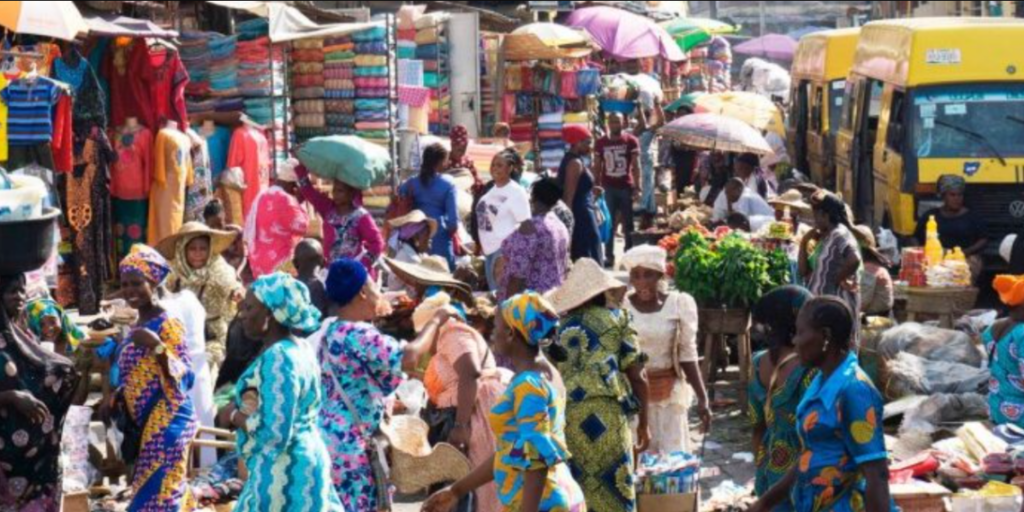FG, Kwara Partner NURTW to Offer Free Transport for Pregnant Women in Labour
The Federal Government, in partnership with the Kwara State Government, has launched a free transportation service for pregnant women in labour. The initiative, unveiled on Friday, is part of the broader Maternal and Neonatal Mortality Reduction Innovation and Initiative (MAMII), aimed at tackling one of the leading causes of preventable deaths among women in the country.
The scheme involves collaboration with the National Union of Road Transport Workers (NURTW), whose members will be responsible for transporting pregnant women experiencing labour or medical distress to nearby healthcare facilities. Each ward will be assigned five NURTW vehicles specifically designated for this purpose, ensuring quick and safe transport for expectant mothers in critical situations.
Speaking at the event, the National Coordinator of MAMII, Dr. Dayo Adeyanju, explained that transportation-related delays are a major factor contributing to maternal deaths in Nigeria. He noted that many women lose their lives due to a lack of access to timely medical care, especially in rural and underserved communities.
According to him, the new initiative adopts a sector-wide approach to overcome such logistical challenges.
Dr. Adeyanju further stated that data revealed the highest cases of maternal mortality in Kwara State were concentrated in two local government areas, prompting the need for targeted interventions in those communities. As part of the scheme, transportation vouchers have been distributed to pregnant women, which they can use to access the free services whenever the need arises.
“This programme is not just about providing transport it is about saving lives,” Adeyanju emphasized. “Every minute counts during labour complications, and ensuring women get to health facilities on time can be the difference between life and death.”
The move has been widely applauded by healthcare stakeholders and community leaders who view it as a practical solution to a long-standing problem. By addressing the critical “second delay” the delay in reaching health care officials believe the programme could significantly reduce the number of maternal and neonatal deaths recorded annually.
The Kwara State Government has reiterated its commitment to the initiative and pledged to ensure sustainability through effective monitoring and community engagement. Health workers, traditional leaders, and transport union representatives are expected to play active roles in mobilizing support and ensuring the smooth implementation of the programme at the grassroots level.







